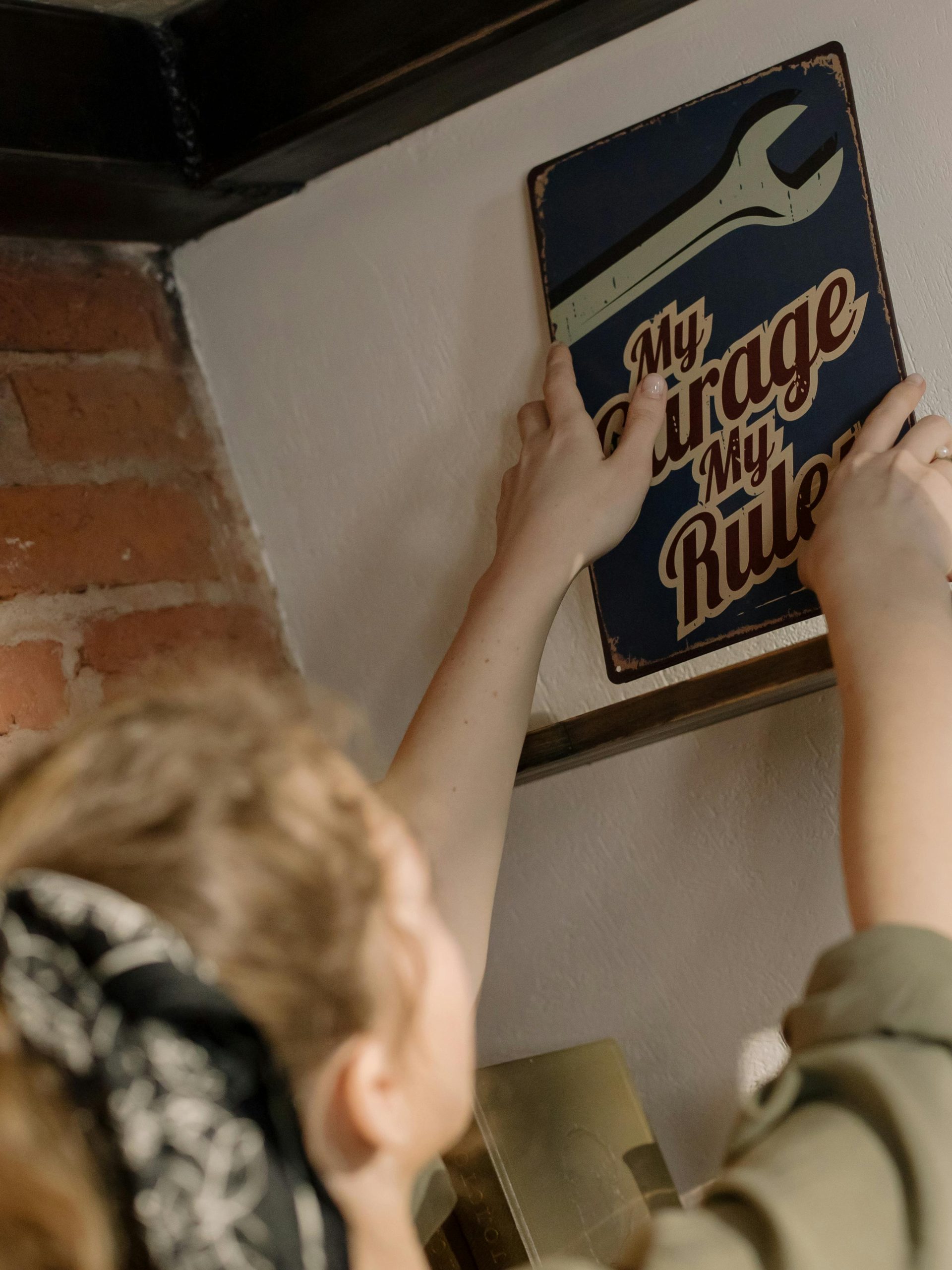Collision Center Altered Repair Plan Without Notification – Is This Legal?
Hi everyone!
In January, my new car was in a collision due to another party’s fault, and I chose an in-network collision center for repairs.
Initially, they provided me with a repair estimate that included replacing all damaged parts with OEM parts, which I was happy with and signed off on.
However, a month later, I received a call that my car was ready for pickup. When I got home and reviewed the bills, I discovered that all the promised OEM parts had been replaced with aftermarket or similarly equivalent used parts.
I called the center to ask why I hadn’t been informed about these changes. They explained that they had contacted the insurance company with the original estimate, but it was rejected, so they revised the repair plan. They also insisted, “Although the paperwork states ‘aftermarket parts,’ we still ordered OEM parts for your car,” and they promised to provide me with an invoice from the dealership confirming this.
Should I be grateful?
While I understand the use of aftermarket parts, is it appropriate for them not to notify me before making such changes?
Additionally, I noticed my right front fender was replaced with aftermarket parts and my front door was repaired, even though the damage was limited to just the front bumper. The collision was minor and mainly affected the bumper; the headlamp was misaligned but undamaged.
Here’s a summary of what was changed:
1. Front bumper
2. Lower grille
3. Right headlamp
4. Right fender
5. Washer reservoir
6. Right belt molding chrome of front door
7. Impact bar
8. Upper and lower absorbers
9. Outer molding
Furthermore, I encountered additional issues after pickup: they charged for added fluids but didn’t fill them, left an unpolished area on the bumper, the molding belt popped out, there’s a noise when I drive over 40 mph, and I just found a small scratch after their third fix.
As I began to review everything, I realized the parts used were actually aftermarket, contrary to what I was initially told.
I have a few questions:
- Did they make unnecessary replacements on my car based on the actual damage?
- Should I take my car to a dealership for inspection to verify whether OEM parts were used?
- How can I protect my rights in this situation? Is it legal for them not to inform me before changing the repair plan? From what I’ve researched, customers should be notified prior to any repairs.
- Right now, I’m considering an inspection. If the parts are indeed OEM, I’ll thank them and pay for the inspection. If not, I plan to address their failure to inform me and investigate potential unnecessary repairs. Any advice?




I’m sorry to hear about your experience with the collision center. It sounds very frustrating. Here are some thoughts on your questions:
Unnecessary Replacements: Whether the parts replaced were unnecessary depends on the extent of the original damage. If the collision primarily affected the front bumper and the other parts (like the fender and door) were undamaged, then yes, replacing them might be deemed unnecessary. A thorough inspection by a qualified technician could help clarify this.
Inspection by Dealership: It’s a good idea to take your car to a dealership or a trusted mechanic for an inspection. They can verify whether OEM parts were used and assess the quality of the repairs. Make sure to keep any documentation from the collision center, as this might be important for your next steps.
Your Rights: Generally, consumers should be informed of any changes to repair plans prior to the work being done, especially when it involves significant changes like part types. If the collision center did not obtain your consent for the changes, you may have grounds to pursue a complaint. Consider checking your state’s laws regarding auto repairs or consulting a legal professional to understand your rights better.
Next Steps: It’s wise to get that inspection first. If it turns out they did not use OEM parts or if unnecessary repairs were performed, document everything (photos, receipts, communications) and consider reaching out to your insurance company to discuss the situation. If you decide to pursue it further, documenting your case will be crucial.
Overall, you deserve to have your car repaired properly and to be informed throughout the process. Don’t hesitate to assert your rights and seek accountability if you feel you’re not being treated fairly.